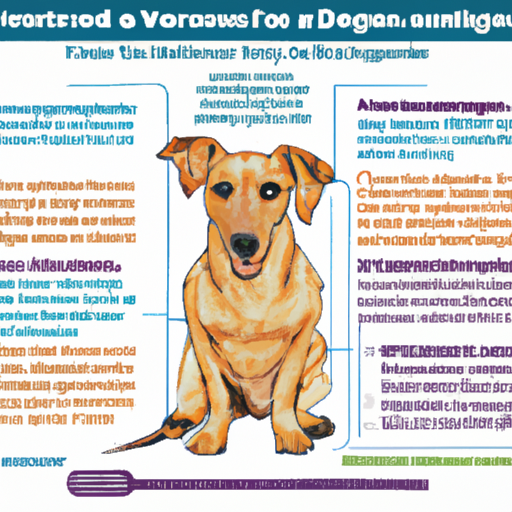As a pet parent, there’s nothing more alarming than seeing your beloved canine companion in discomfort. Regurgitation in dogs is one such discomfort that may cause worry. But what causes regurgitation in dogs? It’s time we delve into this topic, unravel its complexities, and offer guidance on how you can help your furry friend.
- What is Regurgitation
- Causes of Regurgitation in Dogs
- How to Distinguish Between Vomiting and Regurgitation
- When to See a Vet
- Treatment and Prevention of Regurgitation
Key Takeaways
- Regurgitation in dogs is different from vomiting.
- Several factors can cause regurgitation, including certain diseases and eating habits.
- Identifying regurgitation early can help in its prevention and treatment.
- Always consult a vet when your dog shows signs of discomfort.
What is Regurgitation
Regurgitation refers to the ejection of undigested food or liquid from the esophagus, usually shortly after consumption. Unlike vomiting, regurgitation is passive, meaning your dog won’t show signs of nausea or abdominal contractions.
Causes of Regurgitation in Dogs
Regurgitation can occur for various reasons, and it’s essential to identify the cause to provide your dog with the necessary care. Here’s a look at some of the most common causes:
- Eating too quickly: Dogs that eat their food too fast may not chew thoroughly, causing large chunks of food to get stuck in the esophagus.
- Overeating: If a dog consumes more food than its stomach can handle, it may regurgitate the excess to relieve the pressure.
- Physical abnormalities: Certain breeds are prone to conditions like Megaesophagus, causing regurgitation.
- Foreign objects: Dogs are curious creatures and sometimes ingest objects that can block the esophagus.
You can learn more about these causes and how to prevent them here.
How to Distinguish Between Vomiting and Regurgitation
Recognizing the difference between vomiting and regurgitation is crucial for understanding your dog’s condition. You can find detailed information on OneTopDog to discern these two conditions better.
When to See a Vet
If your dog regurgitates occasionally, it’s usually not a cause for concern. However, if regurgitation becomes frequent or is accompanied by other symptoms such as weight loss, difficulty swallowing, or lethargy, it’s time to seek professional help.
Treatment and Prevention of Regurgitation
Treatment for regurgitation is dependent on its cause. In cases of overeating or eating too fast, adjusting your dog’s eating habits can help. For conditions like Megaesophagus, treatment may include dietary changes or even surgery. You can find more information about treatments here.
Prevention is always better than cure. Simple changes like feeding smaller, more frequent meals, and discouraging fast eating can go a long way in preventing regurgitation.
Frequently Asked Questions
1. What is the difference between regurgitation and vomiting in dogs?
Regurgitation involves the expulsion of undigested food from the esophagus, whereas vomiting involves the expulsion of partially digested food from the stomach.
2. How can I prevent my dog from regurgitating?
Some effective prevention methods include feeding your dog smaller, more frequent meals, ensuring they don’t eat too fast, and keeping them from ingesting foreign objects.
3. When should I see a vet?
If your dog frequently regurgitates, or if regurgitation is accompanied by other symptoms like weight loss or difficulty swallowing, you should consult a vet immediately.
For further information and tips on maintaining your dog’s overall health, visit our blog and explore our range of articles, from understanding your dog’s dietary needs to various dog breeds and their specific health concerns. Stay informed and ensure your furry friend remains healthy and happy.



